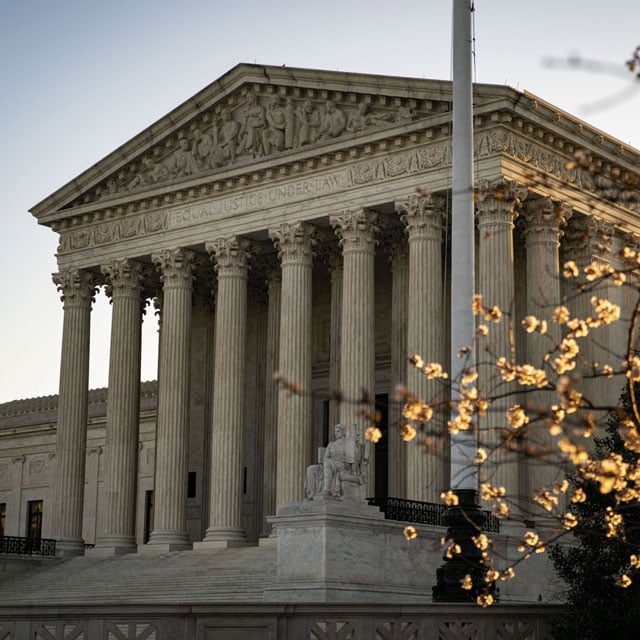Supreme Court Rules Against Estate in Business Buy-Sell Case

The Supreme Court agreed with the 8th Circuit.
The stock redemption agreement created no offsetting liability because it was not set up in a way that would cut the economic value of the supply company’s shares, Justice Clarence Thomas wrote in the opinion.
“A redemption obligation could, for instance, require a corporation to liquidate operating assets to pay for the shares, thereby decreasing its future earning capacity,” he wrote in a footnote. “We simply reject Thomas [Connelly]‘s position that all redemption obligations reduce a corporation’s net value.”
When valuing the business for estate tax purposes, the estate must assess how much Michael Connelly’s shares were worth when he died, before the supply company paid to redeem his shares, Thomas adds.
“A hypothetical buyer would thus treat the life-insurance proceeds that would be used to redeem Michael’s shares as a net asset,” Thomas writes.
The U.S. Supreme Court building in Washington, D.C. (Credit: Bloomberg)





